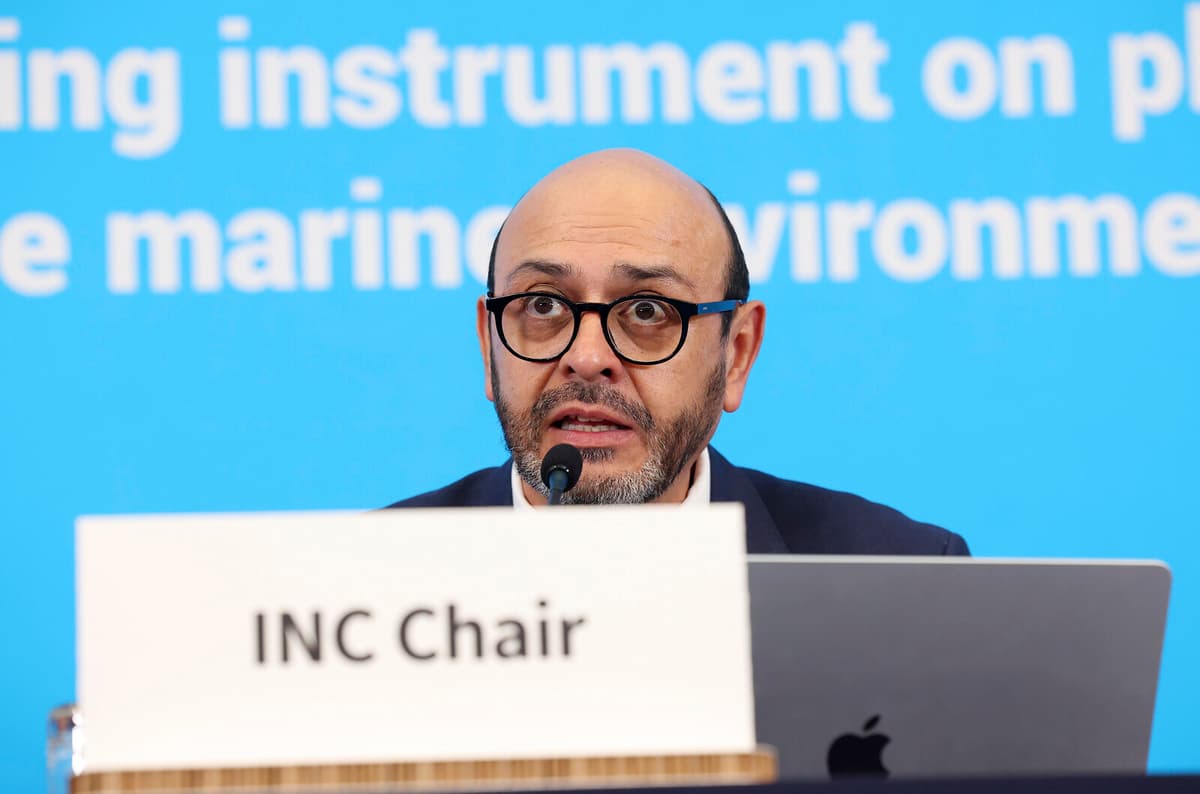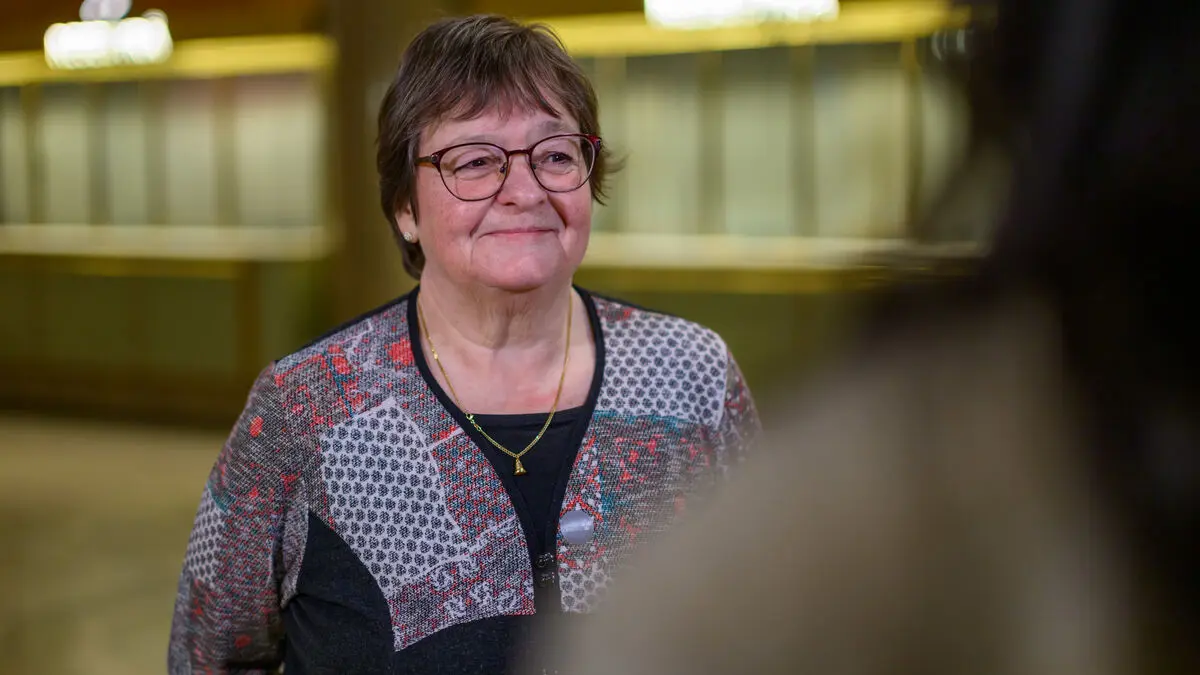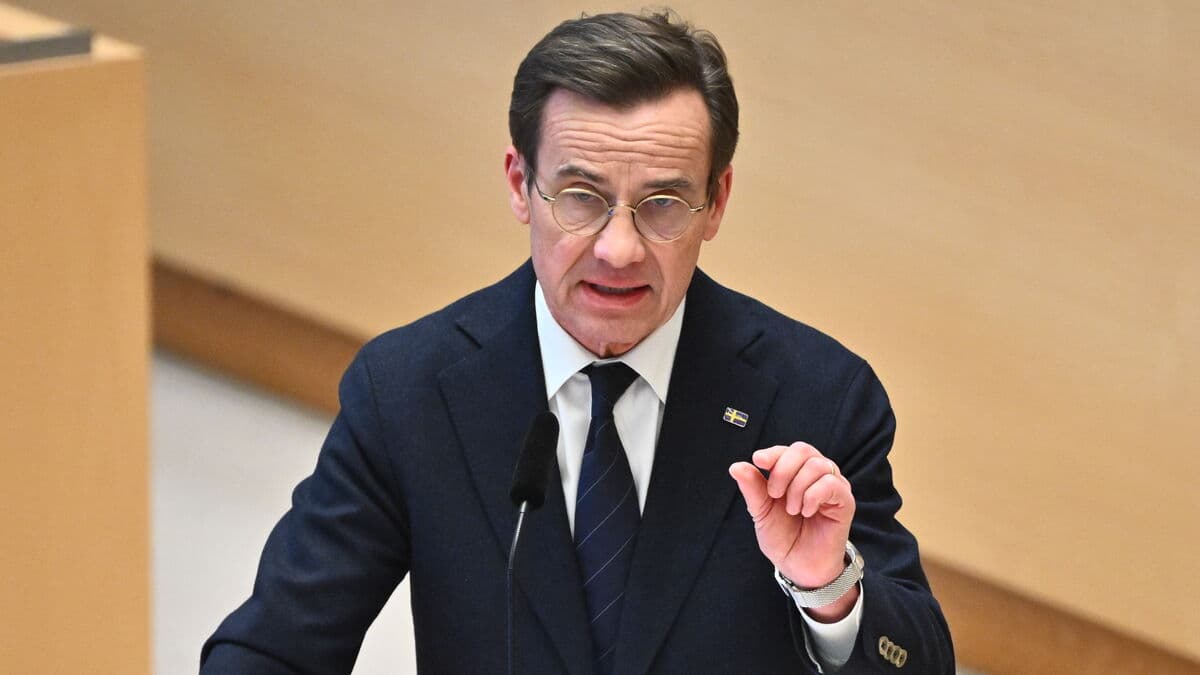There is an agreement to resume the meeting at a later time to conclude the negotiations, says the Ecuadorian chairman Luis Vayas Valdivieso.
Nearly 200 countries had representatives on site in Busan, South Korea, where hopes had been for a new global plastic agreement.
But a week of talks has not managed to bridge the deep divides between countries that want to stop the production of harmful chemicals, and those that want to focus on waste.
Delegates from countries such as Germany, Portugal, and Senegal thought that the agreement on the table was too weak, and believed that the negotiations should continue at a later time. Environmental organizations such as the World Wildlife Fund (WWF) thought, on the other hand, that they should go to a vote where countries that want to adopt a more progressive text could do so, even if not all could agree.
We know what we need to do to get rid of plastic pollution. Simply adding more meetings is not the solution, said policy chief Eirik Lindebjerg.
Over 100 countries support a goal for production reduction and dozens also want to phase out certain chemicals and unnecessary plastic products. But the world's two largest plastic producers, the USA and China, are not among them.
Although it is positive that we have been able to agree on parts of the text, we must acknowledge that certain critical issues remain that prevent us from reaching an agreement, says Luis Vayas Valdivieso.
The INC-5 meeting in Busan began on November 25 and was intended to conclude on December 1. It was the fifth – and according to plan, the last – round of negotiations to reach a legally binding agreement to reduce plastic pollution in the world.
That pollution is a major problem is something that almost everyone agrees on. But when it comes to possible solutions, the divides are still enormous. When the meeting began, countries had not even agreed on whether the agreement had to be adopted unanimously or by a majority decision.






